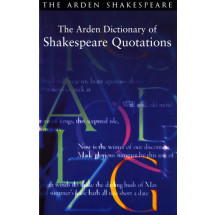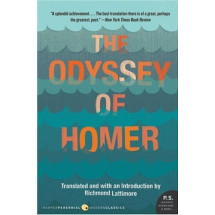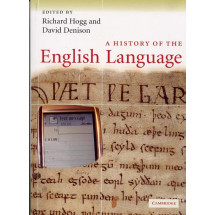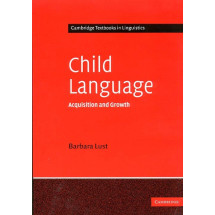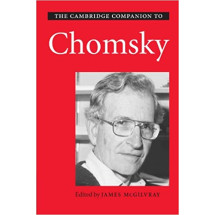Early modern prose fiction had a huge impact on the social and economic fabric of the time. It created a new culture of reading and writing for pleasure which became accessible to those previously excluded from such activities (primarily women and the working classes), resulting in a significant challenge to existing class structures. Each of the essays in this exciting collection considers the reciprocal relation of early modern prose fiction to class distinctions, examining factors such as: · The impact of prose fiction on the social, political and economic fabric of early modern England · The way in which a growing emphasis on literacy allowed for increased class mobility and newly flexible notions of class · How the popularity of reading and the subsequent demand for books led to the production and marketing of books as an industry · Complications for critics of prose fiction, as it began to be considered an inferior and trivial art form · The development of the genre of romance fiction and the emerging sense of 'nation' and 'nationalism' that accompanied it Emphasizing the significance of early modern prose fiction as a hybrid genre that absorbed cultural, ideological, and historical strands of the age, this fascinating study brings together an outstanding cast of critics including: Sheila T. Cavanaugh, Stephen Guy-Bray, Mary Ellen Lamb, Joan Pong Linton, Steve Mentz, Constance C. Relihan, Goran V. Stanivukovic with an afterword from Arthur Kinney.
Montclair State University, USA



